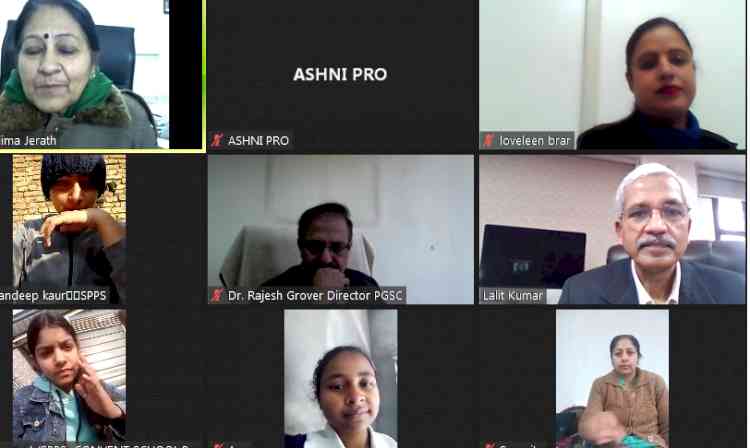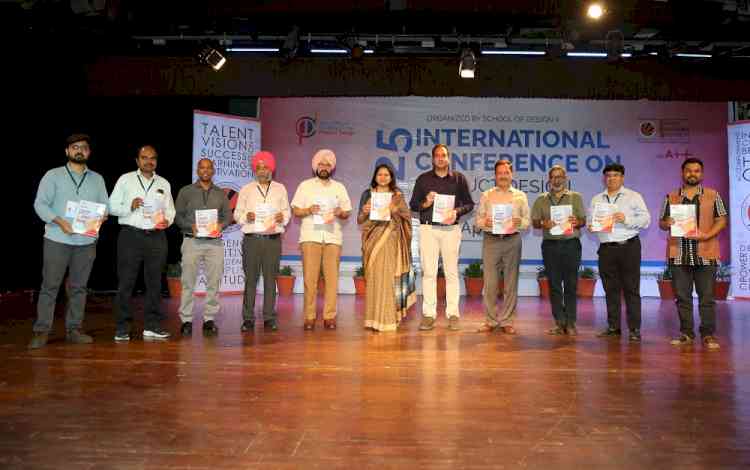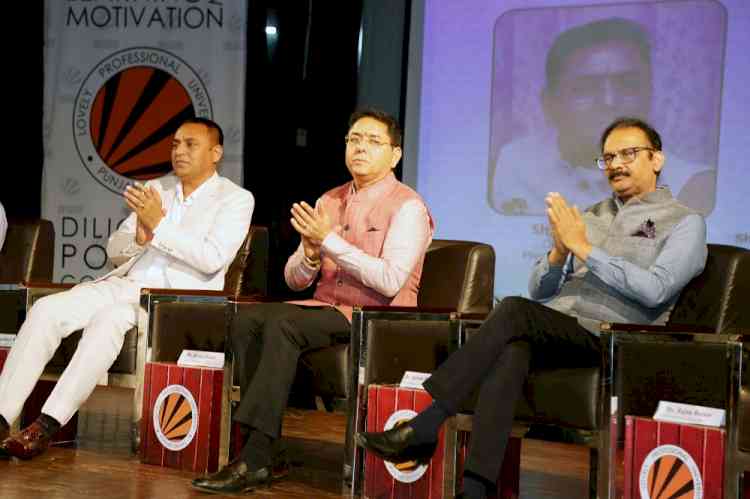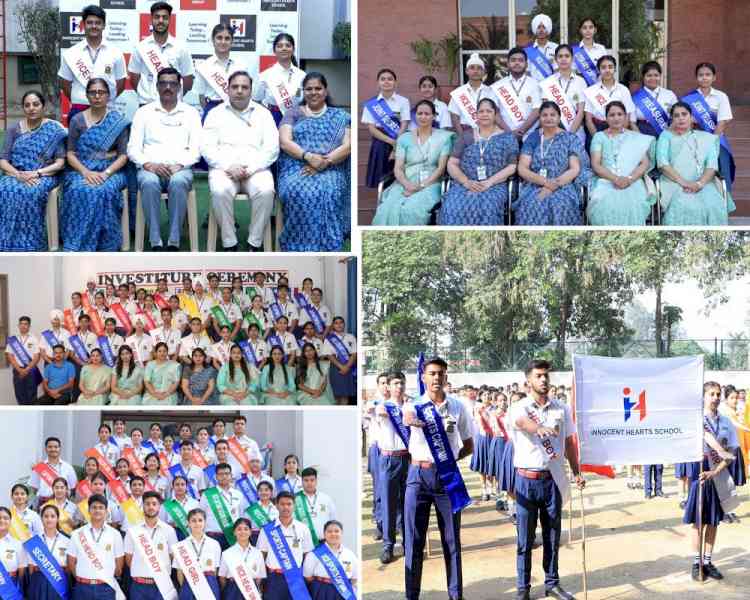Early detection key to Cancer treatment: Dr. Lalit
PGSC celebrates World Cancer Day

Kapurthala, February 4, 2022: A webinar was organized by Pushpa Gujral Science City on World Cancer Day to raise awareness about cancer and to encourage its prevention, detection and treatment. Padam Shri Dr. Lalit Kumar, Head & Professor, Medical Oncology AIIMS, New Delhi was the key speaker at this occasion. He delivered a special talk on Cancer Care in India: How much we have achieved ?. During his address, he said that 30 to 45% of cancers are preventable by stopping use of tobacco related products. The consumption of vegetables/fruits high in fiber, avoiding red meat, low fat intake, avoiding alcohol, maintaining adequate weight and regular exercise are the best ways to prevent cancer. Further, five common cancers amongst males are Lung, Mouth, Prostate, Tongue and Stomach whereas breast, cervix, esophagus, ovary and Gall bladder are common amongst females. The early detection of cancer is key to its treatment, he added.
Dr. Neelima Jerath, Director General, Pushpa Gujral Science City in her welcome address stressed on the importance of cancer awareness. She said that 10 million people die from cancer every year and at least one third of common cancers are preventable. Cancer is the second-leading cause of death worldwide whereas 70% of cancer deaths occur in low-to-middle income countries. She emphasized that increased awareness and accurate information and knowledge can empower all of us to recognize early warning signs, make informed choices about our health and counter our own fears and misconceptions about cancer.
Dr. Rajesh Grover, Director, Science City present at the occasion said that cancer not only affects the patient but its entire family. It has become one of the leading causes of death in India. The data released by ICMR and National Centre for Disease Informatics and Research, Bengaluru reveals that annual cancer cases are likely to increase to 15.7 lakhs by 2025. Further, consumption of Natural food may reduce risk of cancer, he added.
Around 100 students and teachers attended the webinar.


 cityairnews
cityairnews 










